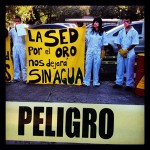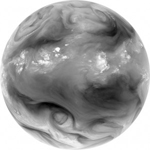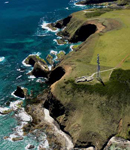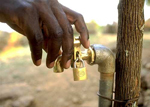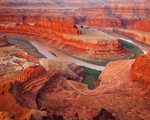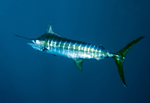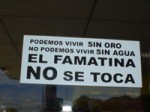Barrick in the Dominican Republic
By Staff, Protestbarrick. As the opening date approaches for the Dominican Republic’s Pueblo Viejo mine, controversy around this mega-mine has continued to grow. According to the president of Maimón’s municipal committee, the funds Barrick has transferred to the municipality are less than the costs of the damage it has caused. Community members complain that the workers in the mine are overwhelmingly foreigners. Recently Barrick was accused of blocking the performance of the protest song “De Pascua Lama” (video included) at a Dominican Festival.
Continue reading →
